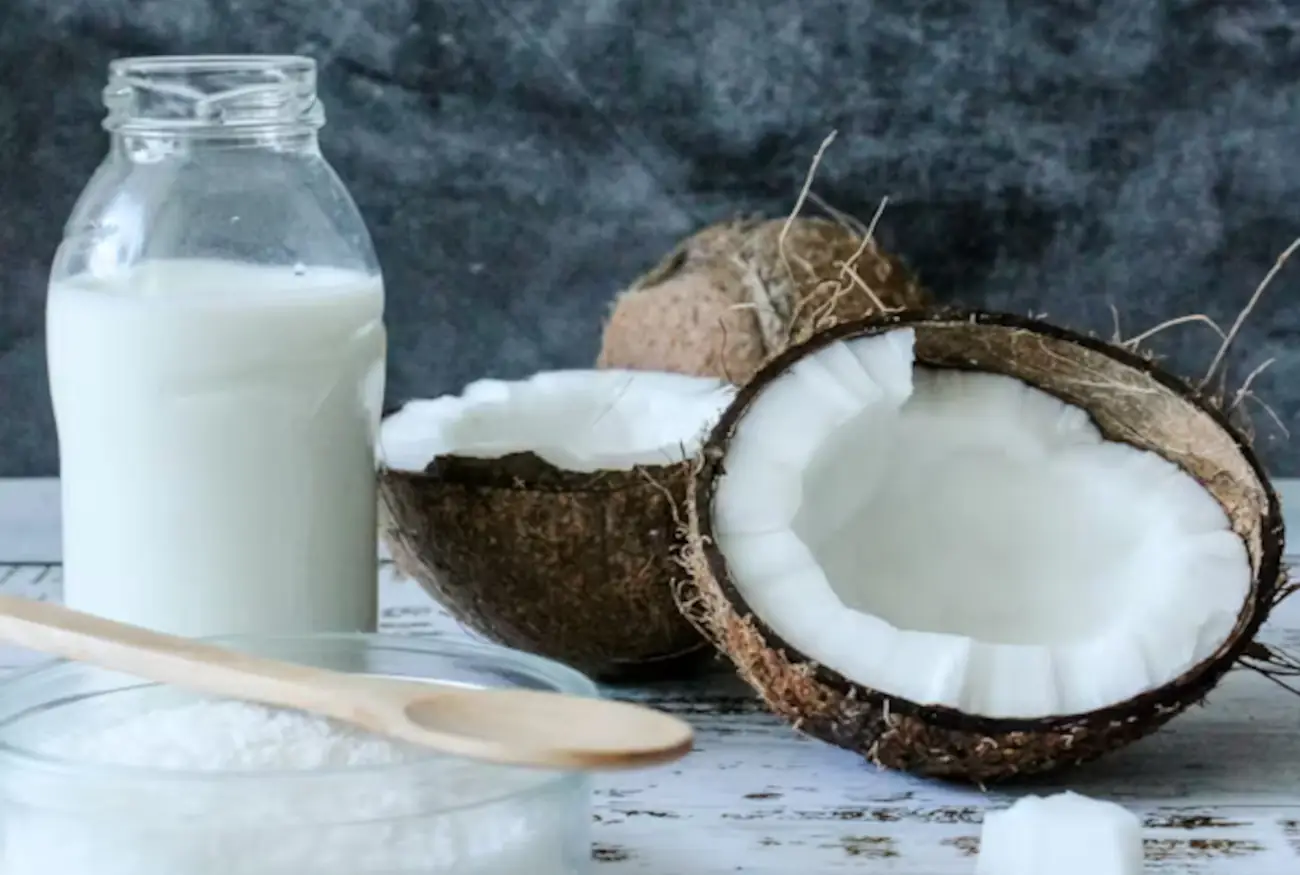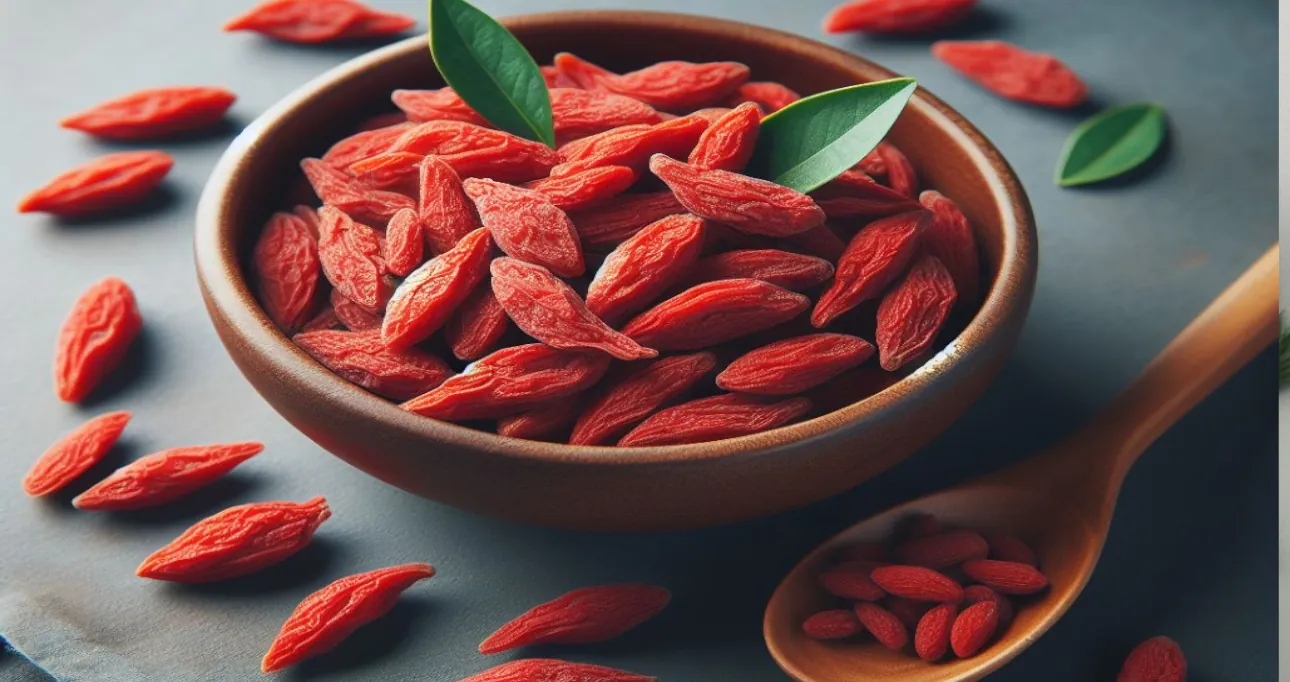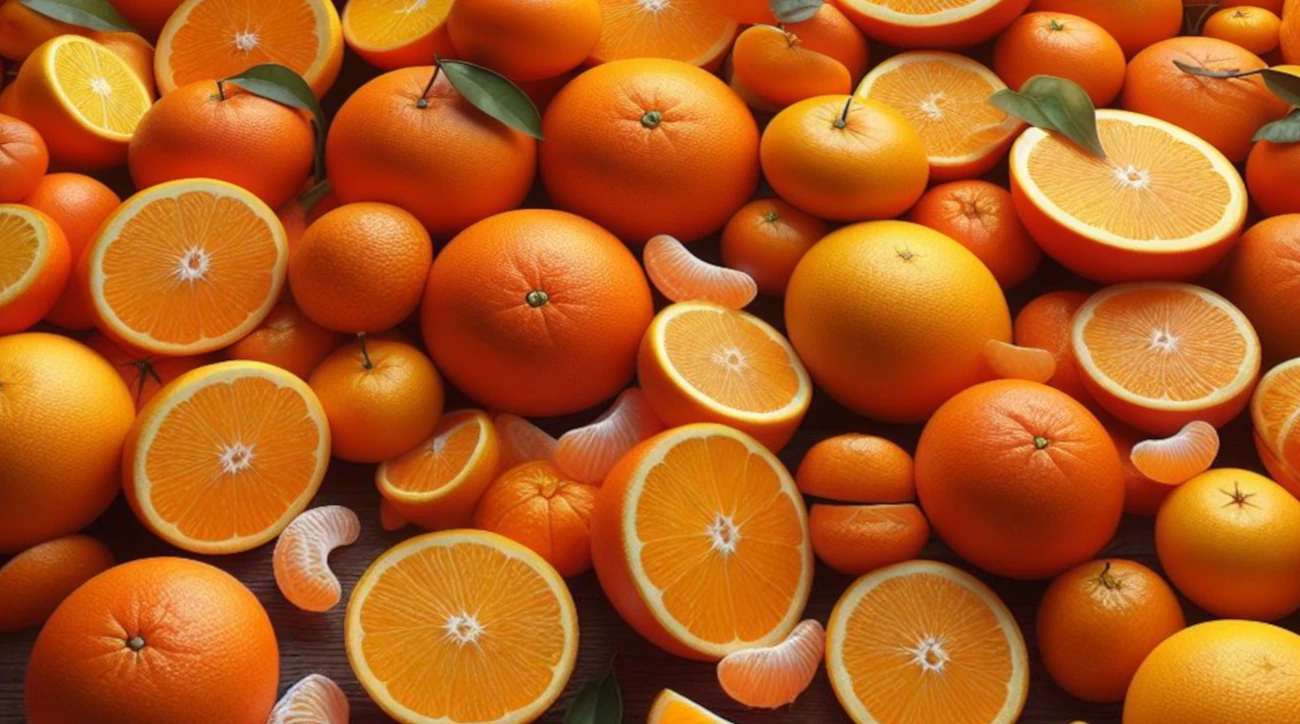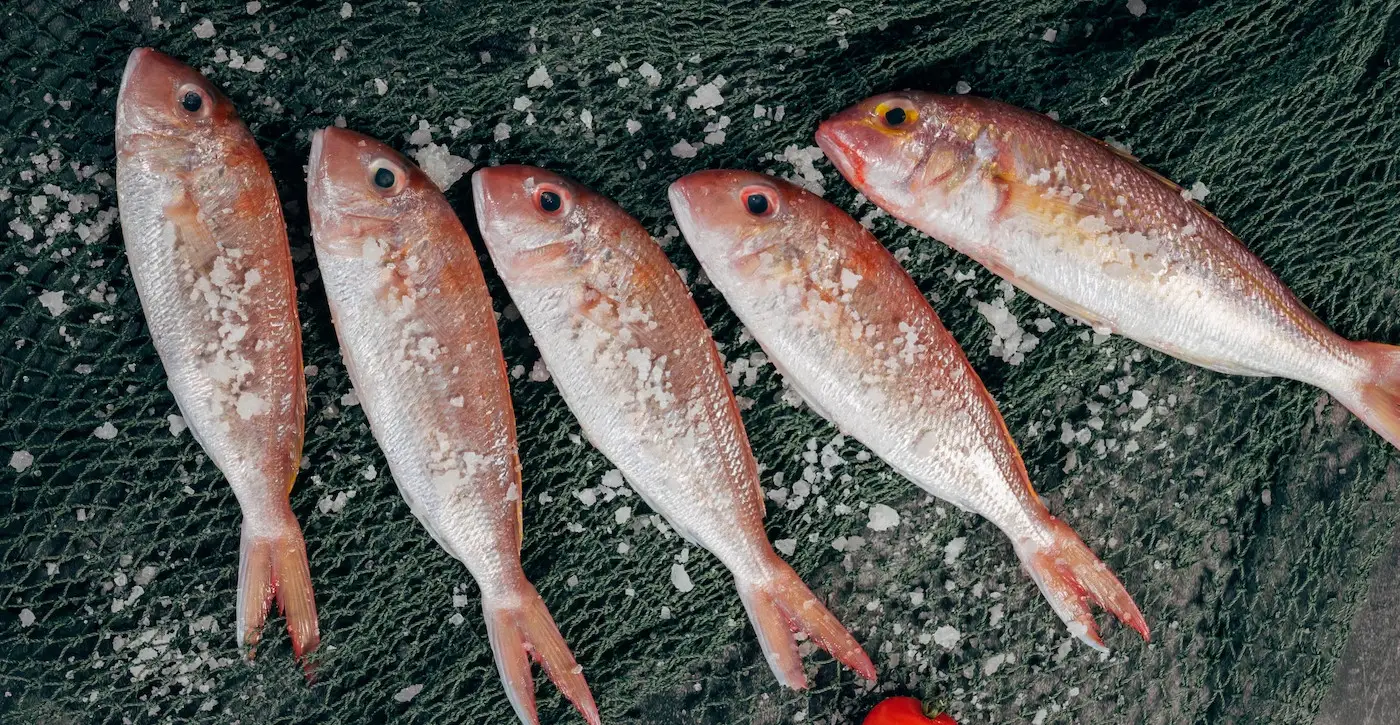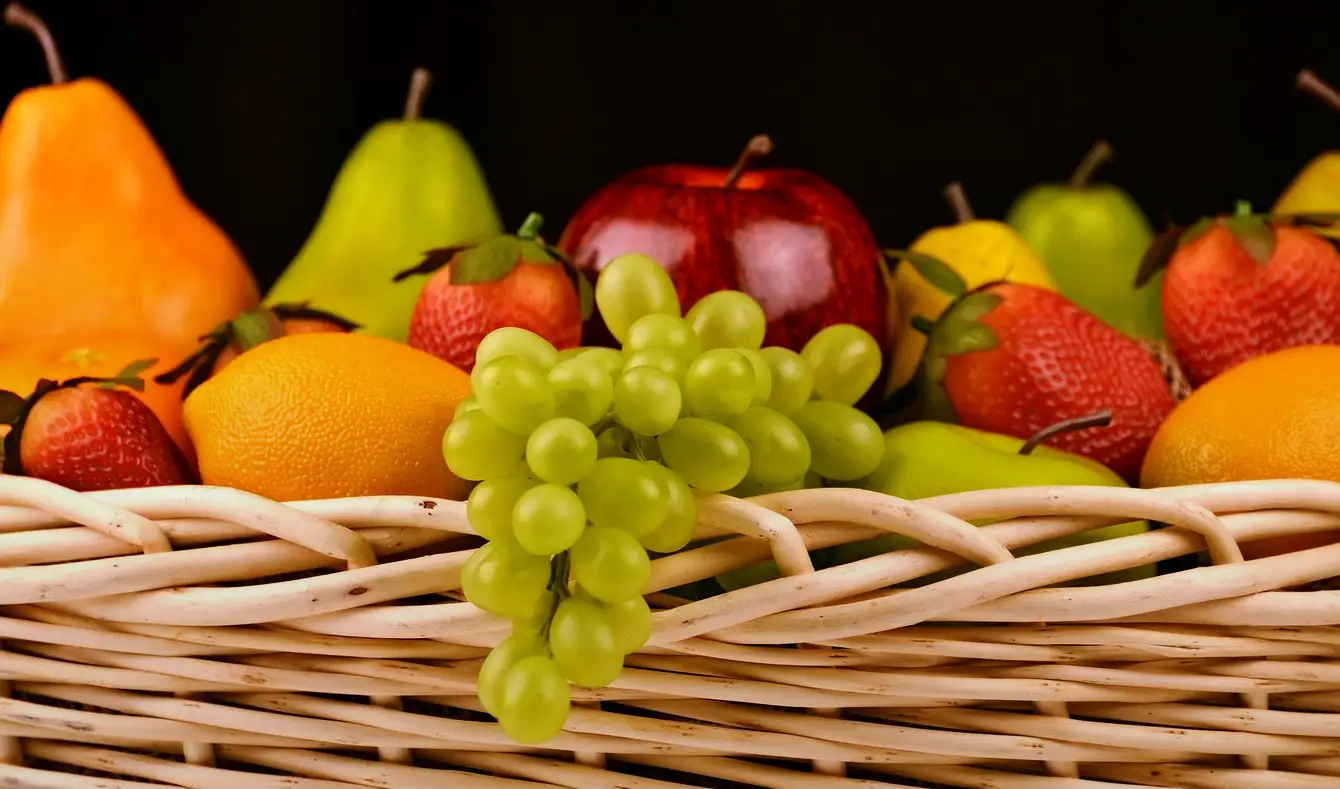Kiwi Lysine and Arginine Info Sheet
Overview
Kiwi is a small, fuzzy, green fruit with black seeds and a sweet-tart flavor.It is native to China and cultivated in many countries.
Kiwi is a good source of vitamin C, antioxidants, and fiber. It can help support skin health, digestion, and immunity134
| Name | Lysine (mg/100g) | Arginine (mg/100g) | Ratio |
|---|---|---|---|
| Kiwi | 61mg | 82mg | 0.744 |
Kiwi contains 61mg of Lysine and 82mg of Arginine per 100g of product.
This means Kiwi has a low Lysine-Arginine ratio of 0.744.
Because Kiwi contains slightly more arginine than lysine, reducing its consumption may help people who suffer from herpes, as it may lower the viral activity.
Lysine Considerations
Kiwi has a small amount of lysine, which can provide about 9% of the RDI for an adult.
Lysine can help the body produce collagen, prevent herpes outbreaks, and enhance calcium absorption.
Lysine can help prevent or treat cold sores, which are blisters caused by the virus HSV-1, also known as herpes.
Lysine works by blocking the growth of HSV-1, which needs another amino acid called arginine to multiply and infect cells.
Lysine can only be obtained through diet, and can be found in many high-protein foods like milk, cheese and yogurt, fish, eggs, meat and poultry.
Arginine Considerations
Kiwi has a low amount of arginine, which can provide about 10% of the RDI for an adult.
Arginine can help the body produce nitric oxide, dilate blood vessels, and heal wounds.
Arginine can improve your overall health and performance, such as lowering your blood pressure, healing your wounds, and boosting your exercise endurance.
Arginine can be made by the human system or obtained from foods like meat, dairy, nuts, and soy.
Unfortunately, the herpes virus is known to "feed" on arginine, and having a diet higher in arginine than lysine may increase the occurrence and severity of cold sores and herpes outbreaks.
Lysine-Arginine Ratio
Kiwi has a low lysine-arginine ratio, which means that it has more arginine than lysine per 100g.
This ratio may favor the growth of HSV in the body, as arginine stimulates and lysine inhibits HSV replication.
A low lysine-arginine ratio may increase the risk of HSV infections.
Both lysine and arginine are important for protein synthesis and other bodily functions.
The two compounds can affect the herpes simplex virus, which is responsible for cold sores and genital herpes, in opposite ways.
Lysine can your body or stop the virus from reproducing, while arginine can help it propagate.
Eating foods with a high lysine-arginine ratio could help lower the appearance and severity of herpes flare-ups.
Some foods that have a high lysine-arginine ratio are milk and cheese, fish, poultry, fruits, and vegetables.
These foods can give the body enough lysine to prevent the virus from taking up arginine, and thus stop its growth and spread.
Dietary Considerations
Fruits are generally high in natural sugars, water, and vitamin C.
Some fruits have more lysine than arginine, such as papaya, mango, apricot, apple, pear, fig, and avocado.
These fruits can help prevent or reduce herpes outbreaks, as lysine can counteract the effects of arginine.
Other fruits have more arginine than lysine, such as oranges, tangerines, grapes, bananas, strawberries, and kiwis.
These fruits can still be consumed in moderation, as they have other health benefits.
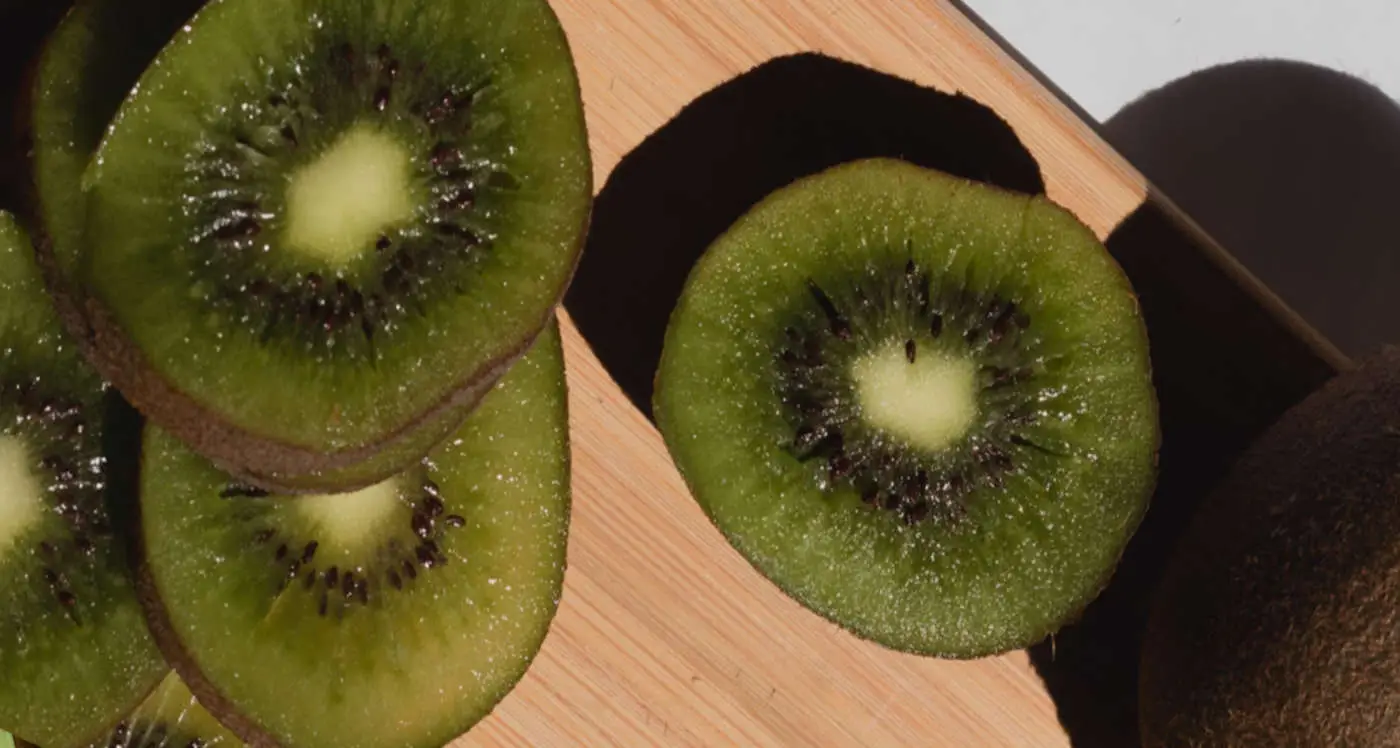
For example:
A diverse and nutritious diet that supports your immune system and fights inflammation is essential.
This means you should eat lots of fruits, vegetables, whole grains, lean protein, and healthy fats, and steer clear of processed foods, added sugars, alcohol, and caffeine, which can harm your health.
Consider taking l-lysine supplements, which can help prevent herpes outbreaks and stop a cold sore before it emerges by limiting the availability of arginine for the virus, which it requires to produce a cold sore.
Taking other food supplements that can improve your immunity and protect your cells from oxidative stress, such as vitamin C, zinc, selenium, and antioxidants.
To prevent outbreaks, avoid foods that can cause allergic reactions or sensitivities, such as gluten, dairy, nuts, eggs, or shellfish.
These foods can harm your immune system and make inflammation worse.
Foods that can boost your immunity and fight inflammation are essential to prevent outbreaks.
Honey, yogurt, aloe vera, and chamomile are some examples of these foods.
They can also soothe your symptoms and help you recover quicker by reducing pain, swelling, and itching.
Check more food information

